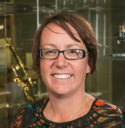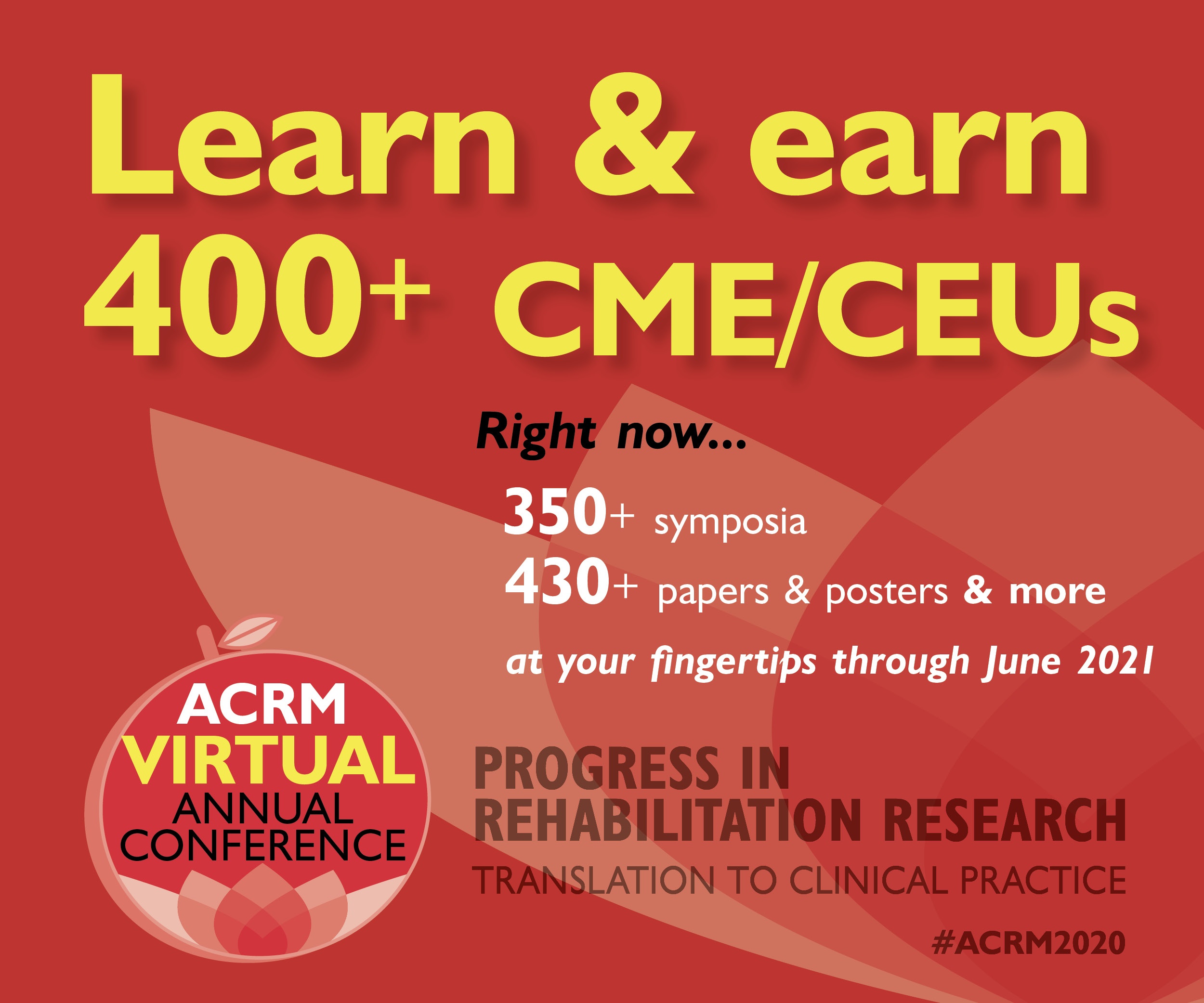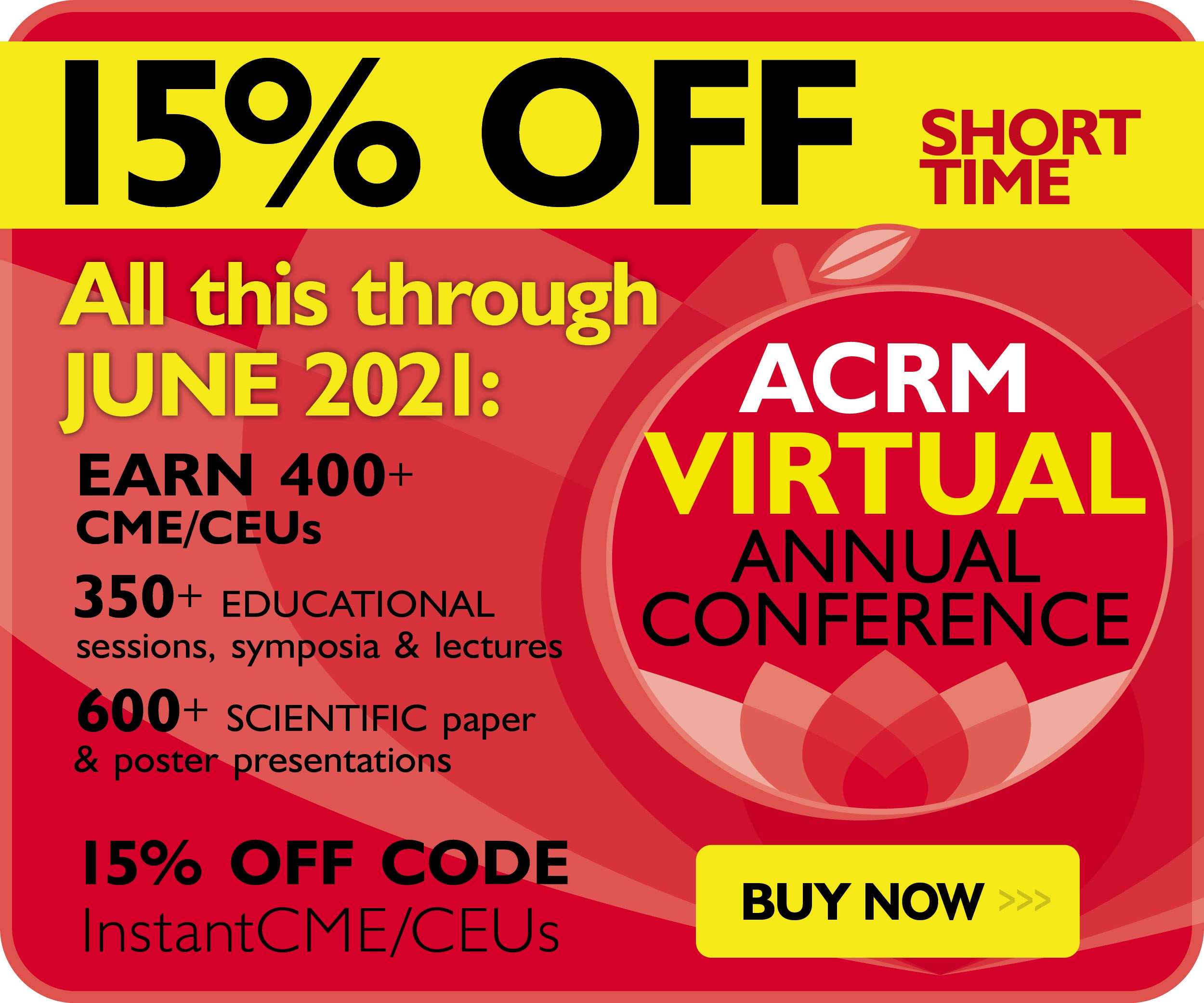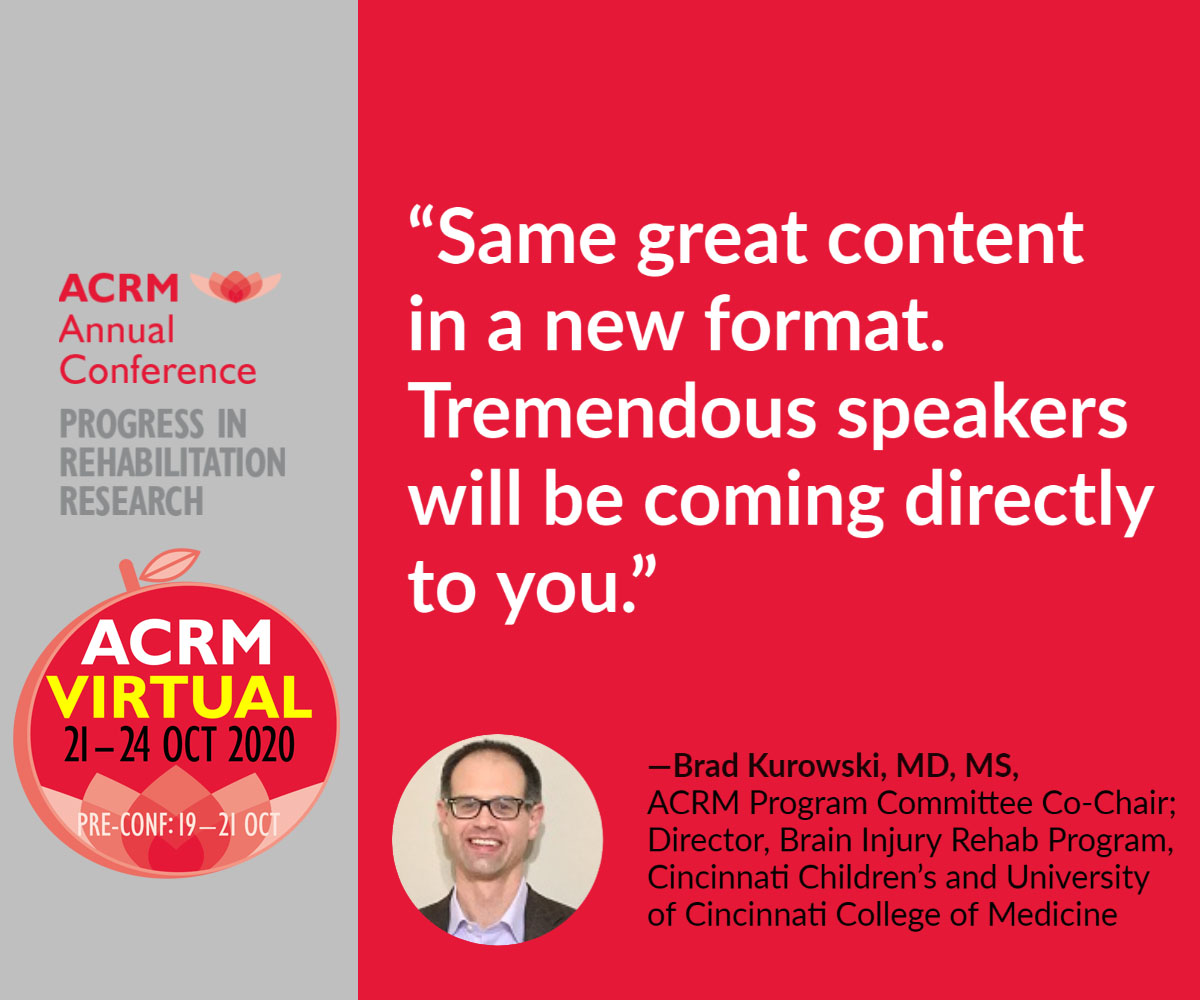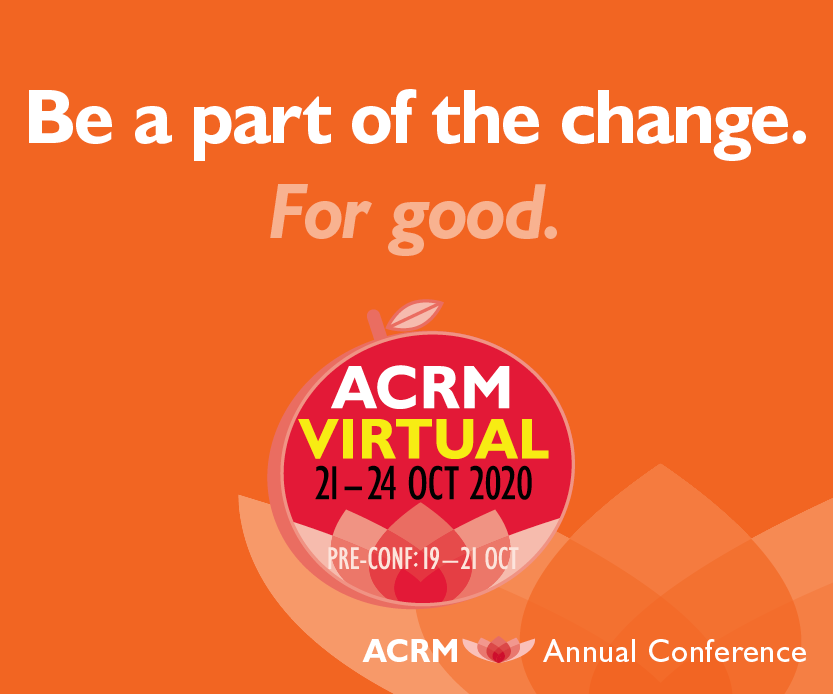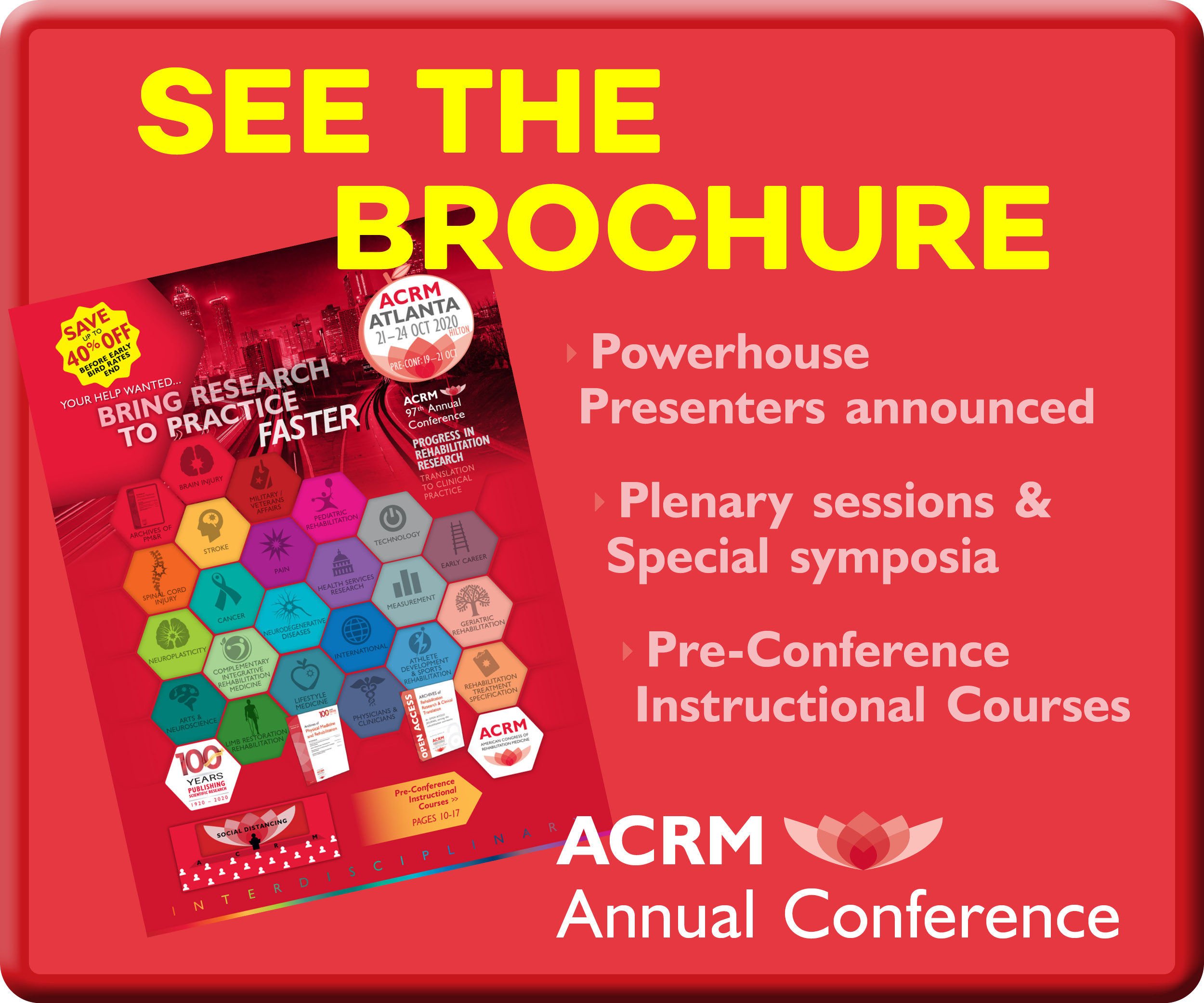THU 22 OCT
Presenter(s)
Information and communication technologies (ICT) that have transformed education, entertainment, and business are now reaching the level of maturity needed to support robust, remote mobile healthcare. Smart phones, wearable devices, home automation hubs, environmental sensors, cloud computing, and high speed networks have vastly expanded the foundation for effective mobile care. As “digital health” ICT has caught on it is beginning to assist in managing the provision of care throughout the health ecosystem, gradually shifting toward value-based care. The term mHealth is widely understood to refer to the delivery of health care services via mobile communication devices. A more recent term, mRehab refers to the delivery of rehabilitation services and support for home-based rehabilitation using mobile ICT. If executed successfully, mRehab could address key challenges of access and affordability of rehabilitation services for people with disabilities. ICT-enabled home rehabilitation interventions between outpatient visits offer potential to fill gaps that exist in patient care by: 1) prescribing home-based interventions/instructions, 2) using remote sensor technology to gather timely data on patient status instead of relying on imprecise recall during clinic visits, 3) presenting data to the patient and clinician in an actionable manner, and 4) updating prescribed home therapy between visits.
This presentation will provide an overview of the newly-funded Rehabilitation Engineering Research Center (RERC) on ICT Access for Mobile Rehabilitation. The RERC’s mission is to advance the field of mRehab by developing and demonstrating the value of innovative, accessible ICT applications for rehabilitation in the home and community. The centerpiece of this work is the application of “Big Data” to change the paradigm of outpatient rehabilitation. We believe we can substantially improve effectiveness of conventional home-based rehabilitation with a combination of innovative digital health technologies—app-based therapy management, sensor-based activity tracking and gamified exercise, and an advanced analytic toolset for monitoring, managing and optimizing mRehab delivery.
Learning Objectives
- Describe factors that compel development of effective mRehab strategies
- Understand how “big data” analytic strategies may be applied to improve effectiveness and efficiency of outpatient rehabilitation
- Describe at least 2 development activities underway within the mRehab RERC and their potential impact on clinical practice

